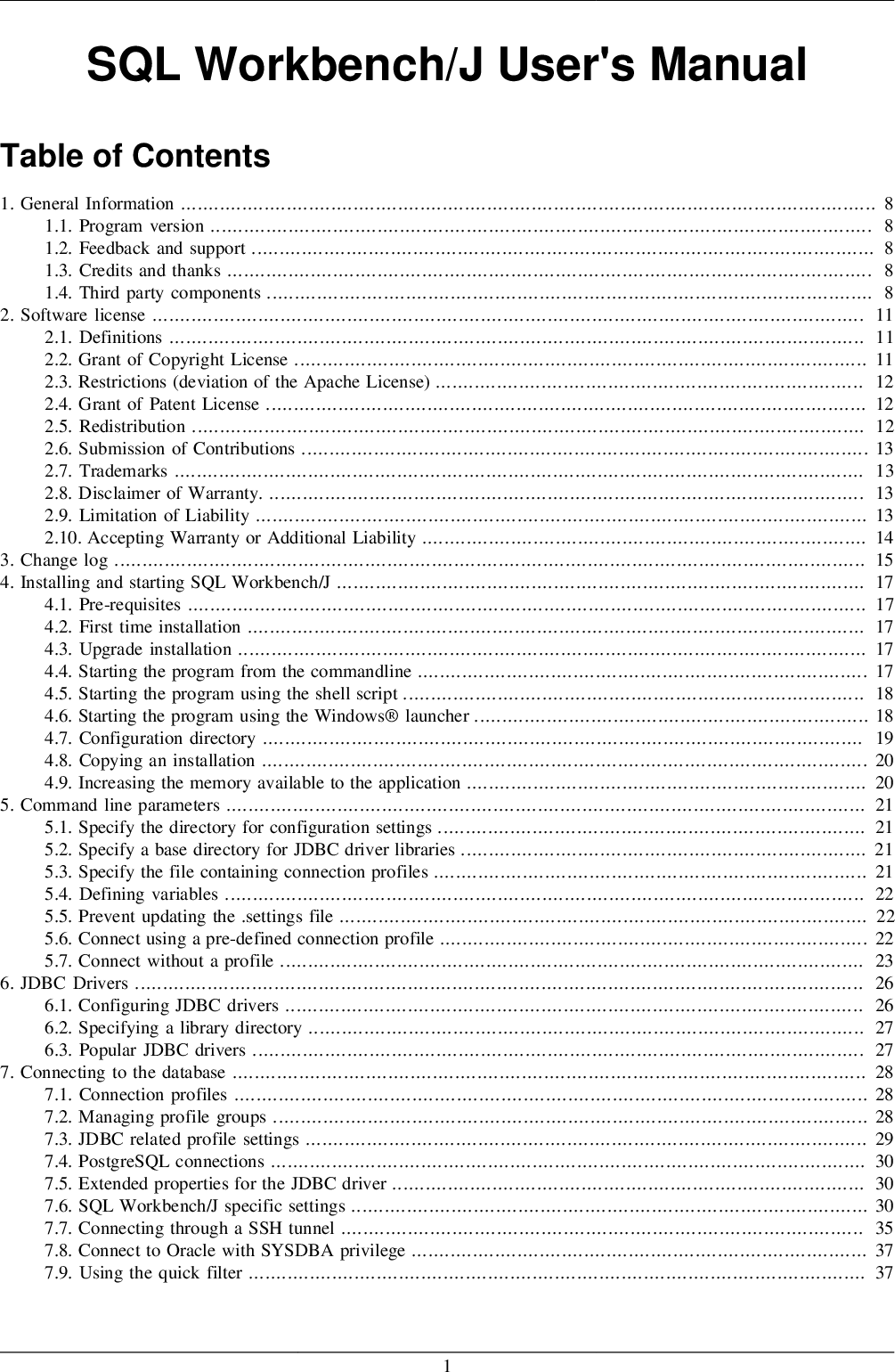

- #CALL MICROSOFT WINDOWS LICENSE KEY HAS EXPIRED FULL#
- #CALL MICROSOFT WINDOWS LICENSE KEY HAS EXPIRED CODE#
They practically end up giving the money willingly, not realizing that the whole thing is a scam, so be vary aware of these sort of tricks. These ransomware attacks make use of intimidation techniques to obtain funds from the victims.
#CALL MICROSOFT WINDOWS LICENSE KEY HAS EXPIRED FULL#
The Panda Labs blog supply us with a code, so in case you get stuck with this sort of malware, you can get away from paying the hackers anything.īecause these types of viruses are hard to get rid of, a full system scan is recommended, using an updated anti-virus application.
#CALL MICROSOFT WINDOWS LICENSE KEY HAS EXPIRED CODE#
This moderate sum is only mentioned in the scam to make the whole thing more credible.Īfter the payment is completed, an announcement shows up, informing you that a code will be supplied in the next 24 hours, after the transaction is verified. Of course, once you give the hackers access to your account, you have no guarantees that they'll only take 100 euros.

Once the code is entered, a billing information page is loaded where the 100 euros is charged from the specified bank account. When the frightened person clicks the activation button, a screen will ask for a code provided in the first screen. The scam, which seems to be addressed to German speaking people, also issues warnings stating that the hard drives will be wiped clean and the IPs will be recorded by authorities if they fail to make a payment in the next 48 hours. Ransom.AN, as the virus is called, warns users that their license for Microsoft Windows has expired and that they would have to pay 100 euros in order to make the computer functional again. In Jacoby's case, he said the caller pretended to be from a department-non-existent, by the way-at. The new virus finds its way into the computer's registries and just before the operating system starts, a warning message appears on the screen. Microsoft support scams are a type of social engineering attack, which succeeds not through attackers' technical sophistication, but rather by tricking people via smooth talking and playing on their fears. A warning message from Microsoft turns out to be a scam that blackmails people into handing them over amounts of money, supposedly taken for the activation of the product.Ĭybercriminals have just created a new method of scaring unsuspecting victims.


 0 kommentar(er)
0 kommentar(er)
